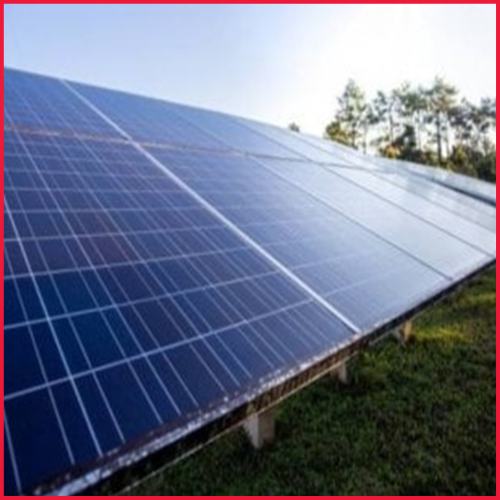More developers in India are installing electric vehicle chargers in parking spaces of new buildings in the hopes of increasing the value of the property and attracting more purchasers in a nation where charging infrastructure cannot keep up with surging EV sales.
EVs accounted for just 2.4% of India’s car sales in the first half of this year, but sales increased 137% to 48,000 units over the same time, according to research company Canalys.
The world’s most populous country wants EVs to account for one-third of total vehicle sales by 2030, but a lack of public charging facilities might hamper these plans.
According to power ministry statistics, there are already 435 EVs for every public charging station countrywide, compared to the United States, which has 26 EVs per charger, according to data from the Alliance for Automotive Innovation.
For the time being, property developers such as Sobha and property management business Prestige are taking advantage of the scarcity, hoping that EV chargers in residential buildings would cause consumers to pay a premium for apartments in the same way that swimming pools did in the past.
“People considering purchasing EVs want assurance that they will have access to charging facilities within the residential complex,” said Javed Shafiq Rao, senior vice president and head of property management at Prestige, which is investing more in residences that contain EV chargers.
Sobha has gone a step further, launching two residential complexes in Bengaluru that include EV charging stations in all available parking spaces.
Mahindra Lifespace, Kolte-Patil, Brigade, and DLF are among the other developers banking on the trend.
To be sure, Indian authorities are encouraging the installation of charging infrastructure, and each state has its own set of rules: Delhi, for example, requires 20% of parking spaces to be reserved for EVs, while Uttar Pradesh, which has the highest number of EV registrations, requires all new housing complexes larger than 5,000 square meters to have at least one EV charging unit.
“No matter how fast public charging is, you need to go there, stop there to get the charging done, while in home-charging, you plug it in and your EV is fully charged overnight,” said Ravneet Phokela, Chief Business Officer of energy firm Ather Energy.
According to the most recent annual Economic Survey, India is predicted to sell more than 10 million EVs per year by 2030, a tenfold increase from the previous fiscal year.














